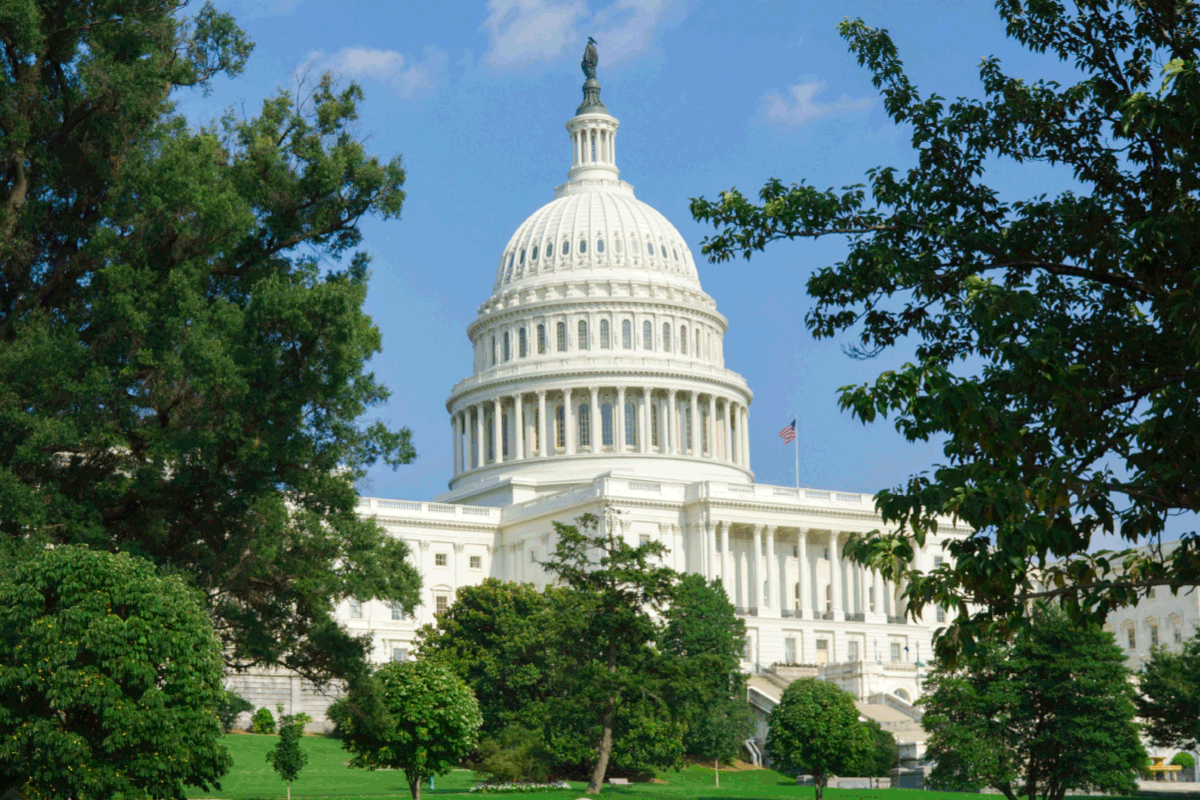While nothing has passed in Congress, six different proposals would affect how clients save, distribute, and manage taxes on their assets. Here are some basic key points.
Congress has been busy. Here is a short list of the six proposals with basic key points that might affect clients. The corporate tax proposals tend to affect small and/or closely held businesses.
American Jobs Plan and American Families Plan. Also referred to as the “Biden Tax Plan,” these two Plans would increase income taxes on certain individuals and corporations, as well as limit the amount of assets eligible for a step-up in basis.
For Individuals:
- Ordinary Income. A top rate of 39.6% (plus the 3.8% federal tax on net investment income) for those with incomes in excess of $400,000.
- Long-Term Capital Gains and Qualified Dividends. For those with incomes in excess of $1,000,000 ($2,000,000 for Married Filing Jointly), long-term capital gains (LTCG) are taxed at the 39.6% rate (43.4% with net investment income tax (NIIT)).
- Long-Term Capital Gains at Death. Limit the gains permitted to step up to $1,000,000 ($2,500,000 for Married Filing Jointly, which includes the real-estate exemption).
For Corporate:
- 20% Qualified Business Income (QBI) Deduction. Eliminate the QBI deduction for all corporations with taxable income in excess of $400,000, instead of only specified service trade or business corporations.
- Increase the Corporate Tax Rate. The corporate tax rate would increase from 21% to 28%. (Note that 25% has been mentioned as an alternative.)
Sensible Taxation and Equity Promotion (STEP) Act. Senator Chris Van Hollen’s STEP Act requires realization of capital gains at gift or death, with a $1,000,000 exclusion ($100,000 may be used during lifetime). Certain grantor trusts would be required to periodically “mark assets to the market” and immediately recognize gains.
For the 99.5% Act (S994, H.R.2576). Senator Bernie Sanders' changes would reduce the estate-tax exclusion to $3,500,000 ($7,000,000 for Married Filing Jointly), with a lower exclusion of $1,000,000 for gifts. It also limits annual gifts to $10,000 (per donor limit for certain gifts to trusts and pass-through entities), significantly limits minority discounts, and requires most grantor trusts to recognize gains in certain situations (similar to the STEP Act).
Securing a Strong Retirement Act of 2021 (SSRA) (H.R. 2954) and Retirement Savings and Security Act of 2021 (RSSA) (S1770). Nicknamed “SECURE 2.0,” these two acts offer benefits primarily to those saving for or in retirement and/or taking retirement income.
- Update Required Beginning Date (RBD). This provision moves the RBD, and thus required minimum distributions (RMDs), from age 72 to age 75 by the year 2030.
- Index Catch-Up Limits. The $1,000 IRA limit would be indexed the same as the IRA contribution limit. The catch-up contributions for other qualified plans, such as 401(k)s and 403(b)s, would be increased for those older than age 60 (in RSSA) or age 62 (in SSRA).
- Student Loan Payments. Employers would be allowed to make “matching” contributions to employer plans for students paying back student loans.
- Remove RMD Barriers for Certain Types of Annuitizations. To encourage the use of lifetime income, it would be easier to annuitize and have inflation protection, as well as support other remaining RMDs.
- Qualified Longevity Annuity Contract (QLAC) Reforms. The Act(s) would repeal the 25% limit on assets available to purchase a QLAC and increase the permitted purchase amount to $200,000. It also would allow indexed and variable products with income benefits to qualify as QLACs.
- Add Roth to Simple IRA Plans. Simple IRAs would be permitted to offer a Roth option.
A challenge: only SECURE 2.0 has bipartisan support, as have past retirement enhancement proposals. The SECURE 2.0 provisions would add opportunities for some pre-retirees to increase their savings and allow retirees more flexibility in preserving assets and creating late-life income, which are goals supported by both parties. This bipartisan support suggests that SECURE 2.0 is the likeliest to move forward. More to come as the year progresses! Be sure to watch this space for more information.

